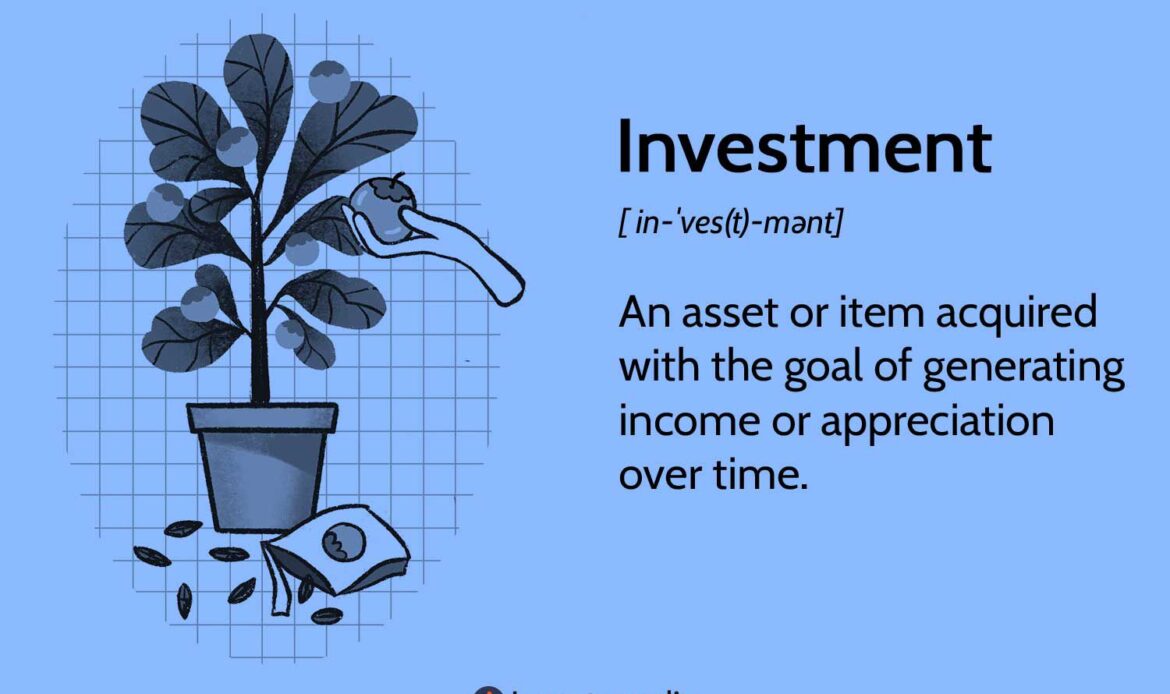
Money management can be tricky. With the looming economic instability globally, mastering money management is crucial for achieving financial stability and success. Whether you’re just starting your career or looking to improve your financial situation, adopting effective money management habits can be the difference you need.
These tips will help you build money management habits and build a solid foundation for the future.
Understanding the Basics of Money Management
Money management is a skill set that involves effectively using your financial resources to achieve personal goals and secure a stable future. It is imperative to comprehend the fundamental principles of managing money to attain financial stability and prosperity.
At its core, money management involves effectively managing your income, expenses, savings, and investments to meet your financial goals. It includes creating a budget to track your spending, prioritizing saving for emergencies and future costs, managing debt responsibly, and making informed decisions about investing for the long term.
By mastering these fundamental concepts, you can take control of your finances, build a solid financial foundation, and work towards achieving your dreams and aspirations.
TOP 8 ESSENTIAL MONEY MANAGEMENT TIPS
With fluctuating markets, rising living costs, and the ever-present challenge of saving for the future, here are some tips for proper money management habits:
- Creating Your Monthly Budget
One of the fundamental principles of money management is creating a budget. This practice involves tracking your income and expenditures to understand better where your money goes. You should begin by tracking your income and expenses and then distribute your funds based on their priorities.
However, before budgeting, you need to determine your priorities. You won’t buy into your financial plan if you skip this crucial step. Clear focus and aligning your spending habits are essential to achieving your financial goals.
Set realistic spending limits for discretionary categories like entertainment and dining out, and strive to live within your means.
- Save Regularly
It is vital to have an emergency fund to cover unexpected expenses and avoid financial instability. The general recommendation is to save at least three to six months of one’s living expenses.
One effective way to build this fund is to make savings automatic. You can set up monthly automatic transfers to your savings account, which helps you save consistently and develop a savings habit.
In addition to building an emergency fund, consider saving for specific goals such as buying a home, starting a business, or funding your retirement. It will help you achieve your financial objectives and secure your future.
Read: Fintech Platforms Revolutionizing Savings Culture in Nigeria and Africa

- Opt for High-Interest Savings Accounts
Maximize your savings by choosing accounts with higher interest rates. With various options available from banks and credit unions, it pays to research and select a savings account that offers the best return on your money, accelerating the growth of your savings.
- Manage Debts Wisely
Debt is often an obstacle to financial freedom, especially when not appropriately managed. Your top priority should be paying off high-interest debt, like credit card balances. You can consolidate debt or negotiate with creditors to lower interest rates and make it easier to pay back. It’s best to avoid taking on new debt unless necessary. Always make sure to borrow responsibly.
- Eliminating Unnecessary Expenses
A critical step towards financial health involves living frugally and cutting out unnecessary expenses. Practicing frugality doesn’t mean depriving yourself of enjoyment. It consists in making conscious choices to prioritize value and minimize unnecessary costs.
It could mean dining out less frequently, canceling unused subscriptions, or opting for more cost-effective alternatives. Look for opportunities to save money through smart shopping, comparison shopping, and discounts.
Redirecting these funds toward your savings can significantly impact your financial health.
- Invest

Investing is a critical factor in building long-term wealth. Educate yourself about investment options such as stocks, bonds, mutual funds, and real estate. Develop a diversified investment strategy that aligns with your financial goals and risk tolerance. Take advantage of retirement accounts and seek guidance from a financial advisor to optimize your investment portfolio.
Diversifying investments across multiple asset classes can reduce risk and boost returns, providing a balanced strategy for long-term financial growth and stability.
The benefits of investing early cannot be overstated, thanks to the power of compound interest. Starting your investment journey early can help modest investments grow substantially over time.
Read: Cowrywise: A Fintech Startup Promoting Savings and Investment Culture In Nigeria
- Plan for the Unexpected
Life is full of uncertainties, so preparing for unexpected expenses and emergencies is essential. Invest in insurance coverage, including health insurance, life insurance, disability insurance, and homeowner’s or renter’s insurance. Insurance plans help to protect you and your loved ones from financial hardships due to unforeseen circumstances.
- Continuously Educate Yourself
Financial literacy is a lifelong journey, so continuously educate yourself about personal finance topics. Read books, attend seminars, listen to podcasts, and follow reputable financial experts to stay informed about the latest trends, strategies, and best practices in money management.
By following these essential money management tips, you can take control of your finances and build a secure and prosperous future for yourself and your family. Remember, financial success is within reach with discipline, determination, and a commitment to lifelong learning.
